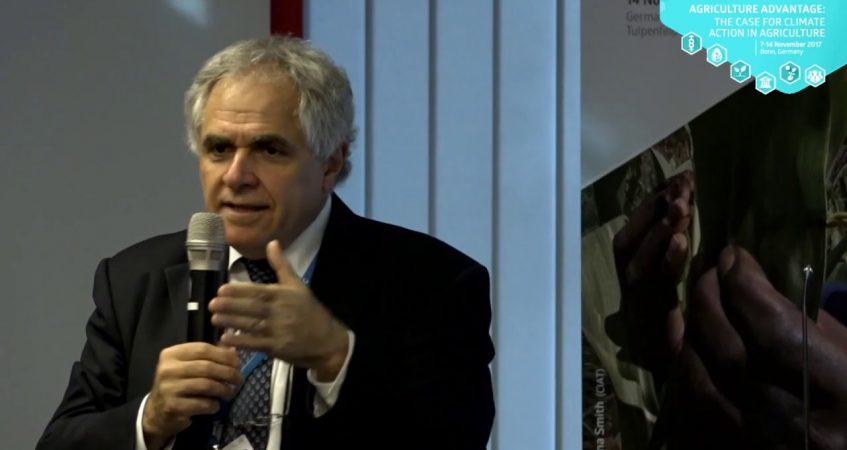This is the moment! Development cooperation: recovery to be finalised

24/11/2021
Editorial by Roberto Ridolfi, President of LINK2007, in Avvenire of 24 November 2021
Dear Director,
finally the government presented a clear budget law, with 219 articles divided into 16 titles. Title IX, ‘Measures for Italy’s participation in the European Union and international organizations’, opens with article 125 ‘Development cooperation’. The increase in resources allocated to the Development Cooperation Agency is defined up to 2026, in order to guarantee certainty in the planning of funds as requested by the NGOs and corresponds to 350 million over the five years. This is a significant financial commitment that will allow Italian cooperation to be more effectivein countries that have become priorities, particularly in Africa and the Middle East. We have proposed to the other networks of organizations to ask the senators that these increases be allocated in significant part to donated bilateral cooperation initiatives, including humanitarian emergencies, aimed at strengthening community-to-community partnerships, territories with territories through the action of NGOs specialized in cooperation and humanitarian aid, third sector entities, diasporas, ethical finance, microcredit, social and cooperative enterprises, foundations and other non-profit entities.
It is a request that intends to enhance the fundamental dimension of partnership relationships and highlight the solidarity presence and visibility of our country. The article then continues with paragraphs that amend law 125/2014 on development cooperation, in particular for the part managed by Cassa Depositi e Prestiti, simplifying the promotion of investment and financing activities in the markets of developing partner countries. These range from the authorization to increase the revolving fund for development with new funds, including private ones, to the expansion of its use for companies operating in partner countries, to the abolition of excessive formal passages to the Cics, Interministerial Committee for Development Cooperation . However, it is not clear what the rationale is that introduces changes to law 125 only to strengthen the cooperation action of the CDP, forgetting others that have long been deemed necessary and urgent for the proper functioning of Italian cooperation.
We have tried to fill this gap by proposing amendments to the senators to introduce them. The most shared is the need for a different planning of the resolutions on the three-year planning and guidance document and on the annual report of the activities carried out. The date of 31 March each year, set for both without taking into account the different projection times (three-yearly and annual) and implementation times (half of the year for the annual report), has in fact produced regrettable delays and a sense of inefficiency. Theoretically, the Cics is the highest political body responsible for ensuring the planning and coordination of all cooperation activities, multilateral, bilateral, of the various ministries and territorial bodies, as well as the coherence of national policies with the goals of development cooperation.
In reality, it has never managed to work, having only met three times since the law established it in 2014. We therefore proposed two alternative hypotheses to the Senate. The replacement of the Cics with the Cipess, the interministerial committee for economic planning and sustainable development which, being permanent, can carry out the functions of planning and policy coherence better than an ‘occasional’ committee. The second proposes the abolition of the Cics entrusting the Council of Ministers with the approval of the programming and address document and the minister or the Joint Committee, the decision-making body on the activities, with functions such as the presentation of the annual report and the definition of sectoral guidelines .
The provisions of the law on the opinions of the Parliamentary Commissions, the Conference of Regions and the National Council for Development Cooperation remain unchanged. These are just some of the institutional changes needed to get out of the hitches that have been happening for too long. We often hear people say ‘we need to investigate better’, without ever reaching the necessary decisions. This is the moment.
Roberto Ridolfi
President of LINK2007
